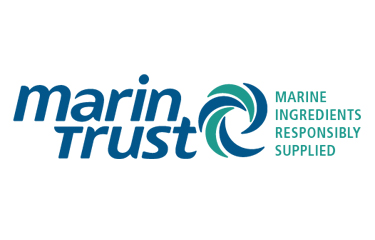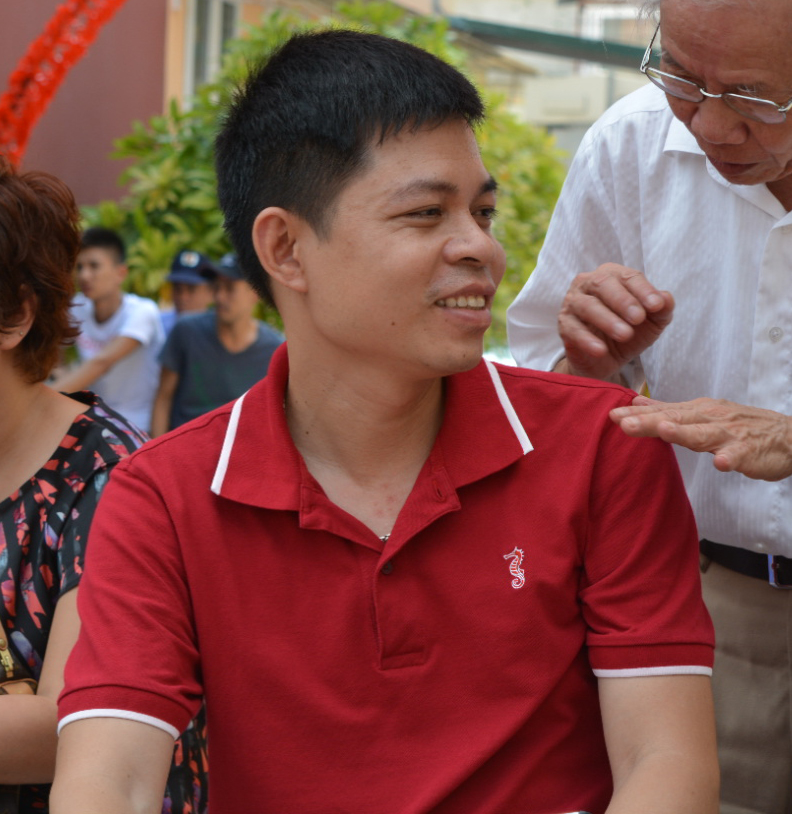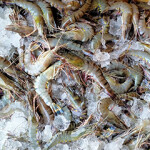Thailand’s mixed trawl fishery becomes first MarinTrust FIP

The Gulf of Thailand's mixed trawl fishery has become the first fishery improvement program (FIP) in the world adopted to the MarinTrust Improver Program, CP Foods said in a statement on 4 November.
The decision was made during a meeting of the MarinTrust governing body committee in October.
The FIP is the first of its kind in the world to apply for its multispecies fishery criteria, MarinTrust said in June.
As a pilot project, the FIP in Gulf of Thailand will create assessment guidelines for mixed trawl fisheries management specifically for countries in Southeast Asia.
Seven years ago, eight fisheries organizations in Thailand jointly formed Thai Sustainable Fisheries Roundtable (TSFR) to address concerns from non-governmental organizations regarding sustainability issues of their fishmeal supply sources.
In October 2016, they announced a partnership with the government of Thailand to apply international standards in the Gulf of Thailand, which aims to create a long-term sustainable fishery in the region. The FIP was formally established by then.
According to Pornsil Patchrintanakul, representative of TSFR and president of the Thai Feed Mill Association, there are various marine animals and mixed trawl fisheries in Southeast Asia. Therefore, applying MarinTrust fishery methodology assessment designed for single-species fishery management may not be suitable in the region.
In an effort to overcome this challenge, the pilot project will develop best practices and criteria for fisheries management in the region, with the aim of seeking full MarinTrust approval.
“This is a significant step for Thai seafood industry. The FIP will ensure us that sea animals will remain abundant in our precious Gulf of Thailand where many different species of fish coexist. The criteria will emphasize that all materials from the seas come from responsible sourcing,” Patchrintanakul said.
With the FIP, Thai fishmeal industry will be widely recognized for its sustainability standards in sourcing of ingredient, supply of high-quality and safe products and provision of fishmeal traceability.
CP Foods Chief Operating Officer for Aquaculture Business Sujint Thammasart said his company fully supports the project, which encourages CP Foods and other feed producers to source fishmeal responsibly. The standards initiated in the project may be used as references for the making of Thai fishing policy in the future.
“It is important to note that CP Foods is a buyer of fishmeal and producer of farmed shrimp as well as shrimp feed; we have never been an operator nor owner of any fishing vessel, and we do not produce fishmeal. However, CP Foods has a clear policy to make all of its operations worldwide to source its ingredients in line with internationally-recognized standards and our sustainable sourcing policy and supplier guiding principle in an effort to prevent IUU and promote sustainable supply chain,” Thammasart said.






Share